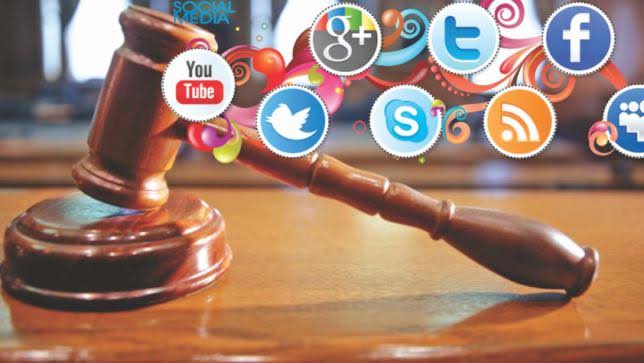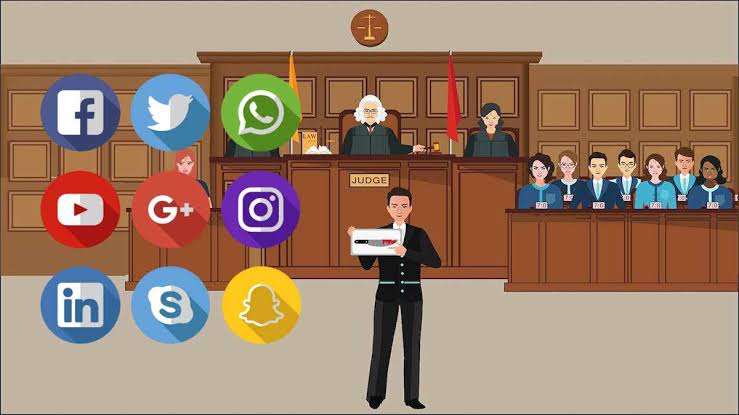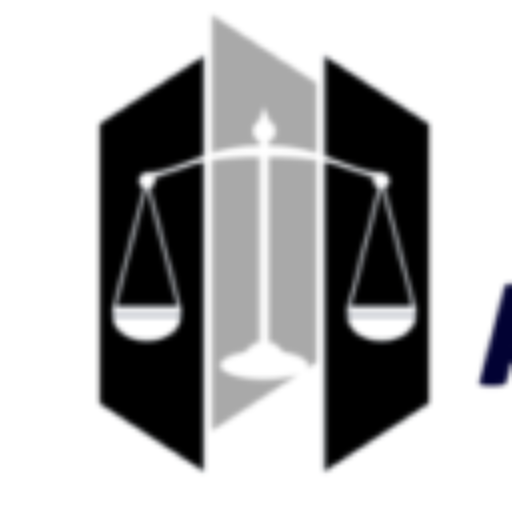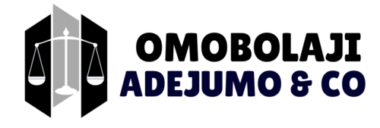This article explores the concept of defamation in an atmosphere where social media can aid its prevalence, focusing on the reasons behind the law of defamation; protecting the reputation of individuals, law of defamation as an exception to the general principle of freedom of speech in democratic society, forms of defamation that is libel and slander and when they are actionable, elements of defamation and possible defence to an action for defamation. Understanding the basics of defamation is essential in navigating this complex terrain and protecting individual’s reputations in the digital realm.

In today’s digital age, the internet, especially social media, is a powerful tool for sharing information globally and has therefore expanded the scope of law of defamation.
Defamation involves intentionally harming someone’s character, fame, goodwill, or reputation through false and malicious statement. In Standard Chartered Bank (Nig) Ltd v. Ameh the Supreme Court defines Defamation as‘’a statement written or published of or concerning a person and calculated to lower him in the estimation of a reasonable or ordinary person.
This lowering of estimation can manifest in avoidance, shunning, exposure to hatred, contempt, ridicule, or conveying imputations disparaging or injurious to the person’s office, profession, title, trade and business.
The main function of defamation law is to protect reputation and it is often regarded as a legal restriction to the right of free speech especially in democratic societies. Reputation here means the reaction of a third party to the publication complained of. It is not what the claimant thinks about himself but what a third party thinks about the claimant as regards his reputation. There is a serious tension between the right to freedom of speech and the plaintiff’s right not to have his reputation in tatters by the exercise of that right by the defendant.
The right to freedom of speech is important in every society and it is guaranteed not just by the constitution of the Federal Republic of Nigeria but also by international and regional instruments. Thus, the 1999 Constitution provides in Section 39(1) that ‘’ every person shall be entitled to freedom of expression, including freedom to hold opinions and to receive and impart ideas and information without interference’’. The African Charter on Human and People’s Right while recognising the same rights, went further to point out that this right must be exercised within the law and must be done with due regards to the right of others, collective security and common interest.
Defamation is presented in two forms-libel, which covers statement made in permanent form, and slander, which is in transitory form as spoken words or gestures. The following are labelled as libel; firms, pictures, statutes and effigies but some libels, however, are not necessarily in permanent form. Thus, Section 3 of the Defamation Law of Lagos State provides that the broadcasting of words by wireless telegraphy is to be treated as publication in permanent form and therefore making it possible for radio broadcasts to be libellous.

Libel is usually actionable per se that is without proof of damage while slander requires proof of special damage or loss to the Claimant. Exceptions, however, exist to the rule that special damages must be proved in slander for the action to lie. These include imputation of crime that attracts imprisonment. For instance, calling someone an internet fraudster or drug baron will amount to imputation of a crime and is punishable by imprisonment. Other actionable slanders that do not require proof of special damages are: imputation of certain diseases for example AIDS, hepatitis, venereal diseases; imputation of unchastity or adultery to a woman; imputation of unfitness for a person’s trade, profession, office or business. On imputation of unfitness for one’s trade, office, profession or business and on imputation of action for slander of title, slander of goods or other malicious falsehood proof of special damages is not necessary. The law will always presume that damage flows from the publication of libel or slander which is actionable per se and there is usually no need to prove damage.The court will usually award general damages for injury to the reputation but if the Claimant can proof special damage, an award can also be made. Other than these, any other slander is not actionable per se but should be supported by proof of actual or special damage. Moreover, mere vulgar abuse is not actionable especially when it was made in the heat of passion.
In Sketch v. Ajagbemokoferi the Supreme Court established the following as the requirement of Libel:
(1) The defendant published in a permanent form a false statement
(2) The statement referred to the Claimant
(3) The statement conveyed a defamatory meaning to those whom it was published
(4) The statement was defamatory of the Claimant in the sense that
(a) It lowered him in the estimation of right-thinking members of the society; or
(b) It exposed him to hatred, contempt or ridicule;
(c) It injured his reputation in his office, trade or profession;
(d) It injured his financial credit.
This same element of libel applies to slander except that in slander the statement is usually not in permanent form. It is important to note that an imputation may be defamatory whether or not it is believed by those to whom it is published.

DEFENCE TO DEFAMATION ACTION
• Justification/truth: This is the most complete and absolute defence to defamation. You must prove that the statement made is true in substance and fact. Where the defence of justification fails, the court may award higher damages than would otherwise have done, sometimes referred to as punitive or aggravated damages.
• Fair comment: This is a defence that applies to statements of opinion, rather than statements of fact.
• Privilege: This is a defence that applies to statements that are made or published in certain circumstances or occasions that are considered to be of public importance or benefit.
• Innocent dissemination or publication: This defence applies to a person who is not the author, editor or publisher of the defamatory statement.
• Volenti (consent): This defence applies when the claimant has consented to the publication of the defamatory statement.
In summary, our defamation laws are not adequate to deal with the fallout of the new technology and requires an update, also there is need for all internet users to adopt good internet manners, to self-regulate the fair mode of usage in order to prevent all forms of damage and wrongs for a sane and better society.
REFERENCES
1. Standard Bank (Nig) Ltd v. Ameh (2022) 15 NWLR (1854) PG 559 at 595, para B-D. see also Section 373 & 375 of the Criminal Code Act for definition and punishment for defamation.
2. Nsirim v. Nsirim (1990) 3 NWLR (Pt 138) 285 per Belgore JSC
3. Constitution of the Federal Republic of Nigeria 1999. See also karbi-Whyte JSC in Din v. African Newspaper (1990) 3 NWLR 392.
4. This charter became part of Nigerian Law by virtue of the African Charter on Human and People’s Right (ratification and Enforcement) Act 1983, now Cap A9 Laws of the Federation of Nigeria 2004.
5. See Art. 9 (2) of the African Charter. The reference to ‘’the law’’ in this article includes the local law of defamation.
6. Defamation Law, Cap D2, Laws of Lagos State.
7. See Section 4 and 5 of the Defamation Law of Lagos State.
8. Ciroma v. Ali (199) 2 NWLR (Pt 590) 350.
9. Sketch v. Ajagbemokoferi (1989) 1 NWLR (Pt 100) 678
10. Anate v. Sanusi (2001) 27 WRN 26 at 33 per Onnoghen JCA
11. See Section 7 of Defamation Law of Lagos State
12. Slim v. Daily Telegraph (1968) 2 QB 157.




